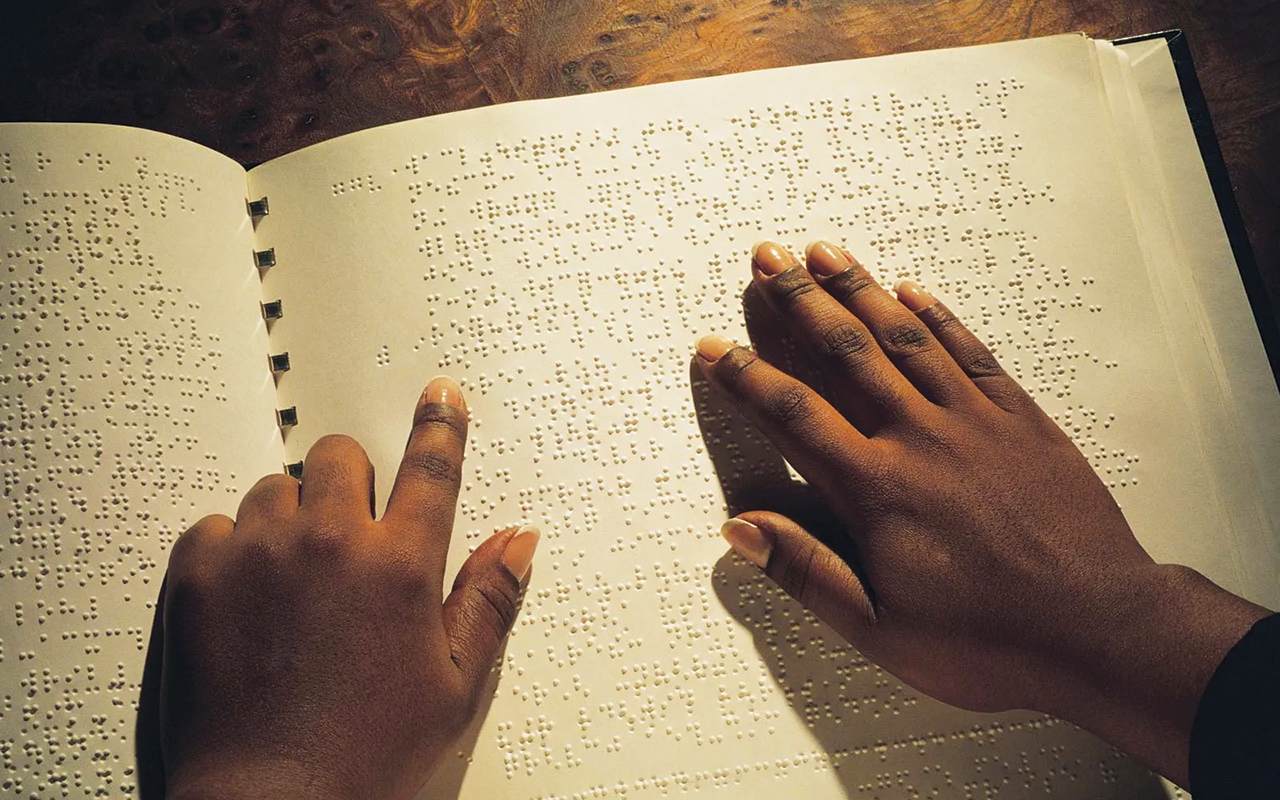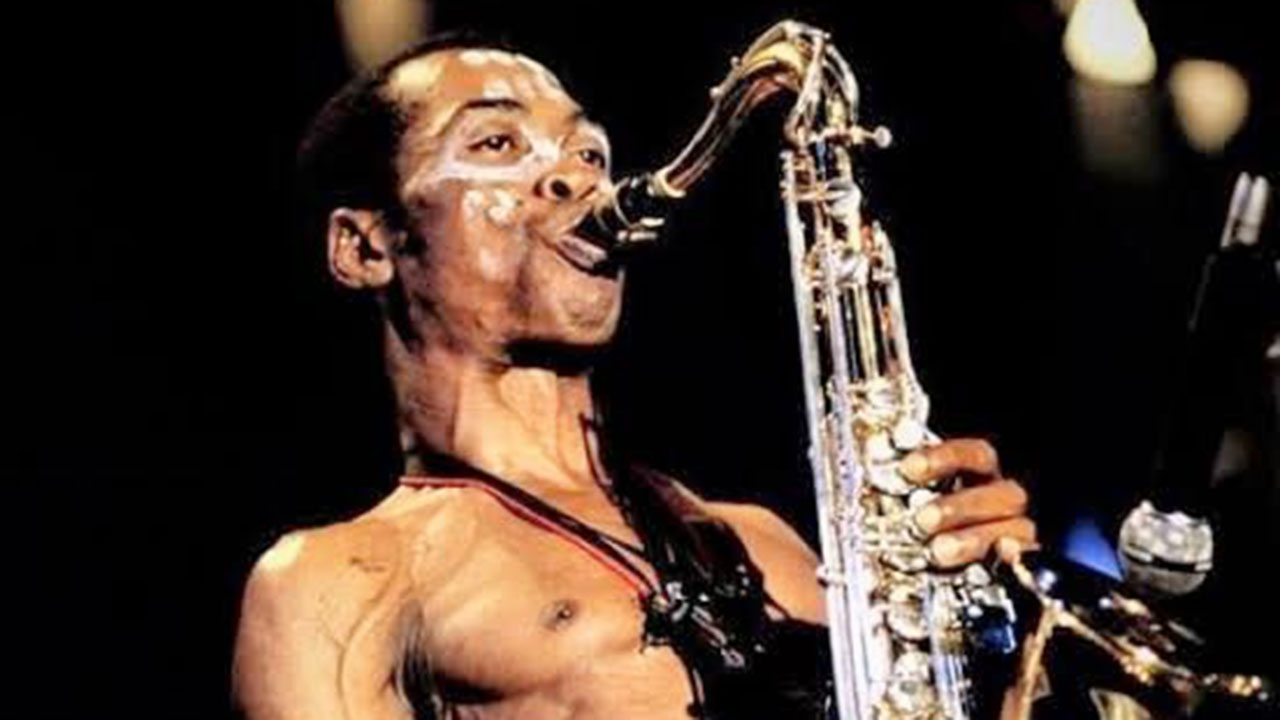 (Obama Mentum: An Anthology of Transformational Poetry, Abdul-Rasheed Na’Allah (Ed), Kraft Books Limited, Ibadan, 2016)
(Obama Mentum: An Anthology of Transformational Poetry, Abdul-Rasheed Na’Allah (Ed), Kraft Books Limited, Ibadan, 2016)
Abdul-Rasheed Na’Allah is the town crier, summoning the global village to the poetic square. The reason for the urgent meeting is not hard to see; the never-heard-of has happened. The women must drop their pestle and the men, their ploughs. Every member of the community must hasten to a 143-page quadrangle and put mouth in the hot topic.
It had been the subject of fantasies. Some analysts had put it way in some distant millennia. Rank pessimists had sworn it could never happen. Even the few who dared to believe were as dreamy men huddled together on the precipice of doubt. But on the night of November 4, 2008, history took delivery of one of its most remarkable chapters.
Gong in hand, as it were, Na’Allah screamed his “call for poems,” in his words, “to celebrate the emergence of Barack Obama as President of the United States,” the first time a black man would take the office of the world’s most powerful country! Did his cry stir the members of his literary community? Absolutely!
And so, we encounter the voices of elders, like Niyi Osundare, Nobert Krapf and others, who through practice and experience, have learnt to roast their words, like yam. But there are also the younger hands, who throbbing with lyrical energy, know just how to fetch the palm oil needed for the creative feast. In the anthology, everyone gets a chance to speak. And there lies a beauty of the book. The power to prophesy is presented, not only as the preserve of the skilled, adept at listening to what the spirits have to say, but rather as the joyful sounds of souls, any soul, really, that having witnessed the phenomenal, gives vent to spontaneity. In Hope Emerges, for instance, Dr. Robert Mann, ‘A teacher of Mathematics for 15 years…not a professional poet or writer and probably not defined as a poet,’ can be heard foretelling, in simple strains, the hope born for posterity on that historic November night.
The Obama episode is indeed momentous. Girded with this fact, the anthology makes a conscious and ambitious attempt at encompassing its entirety. It doesn’t just talk Barack; it tries to piece together what had been, what now is, and what shall be, distilling all through filters of poetic reasoning. Across seven sections – New Hope; What A Difference A Day Makes; Before And After; In Context; Call To Action; A Man For Everyman; and Forging A Future – 58 creative minds draw meaning to why the world, at Junction Obama, will never be the same again.
In A Pellet Gun, E.M Baker travels 41 years down America’s history, and pulls out a somber experience, one that reeks of racial bias. “One of five students integrating in a Southern college” a boy had made her a bizarre offer: “If it all gets too much for you, let me know and I’ll shoot you with my pellet gun.” But it’s an entirely new horizon when the curtain parts and strongman Obama enters. “Today, January 20, 2009, at 1:40 pm I remember that offer after the 44th prez of the US takes his oath…the new leader of the Free World looks like me…I expect now that no other child will be offered a bullet by someone who feels her getting an education is too much to handle.”
The themes of faith and hope resonate throughout the volume, with images of light contrasted with, and gaining ascendancy over darkness. Song-like, Norbert Krapf in, The Man Who Came Out Of The Dark, tells the story of humanity and its capacity for collective triumph when doubts yield to belief. “There was a man who came from the dark but brought with him the light so we could see… The man who came from out of the dark but saw the light in us asked for the right to speak to us and for us and we gave it to him,” says the poet. The result of the consensus of like minds is not difficult to predict in the concluding lines, as “The man who came out of the dark came to live in the white light of the house that black slaves once built,” so that “The Word”, a personification of all things liberty, all things truth, all things wisdom, and all things just, “could one day come home.”
A meeting of the global creative, Obama Mentum is a cornucopia of styles, voices, talents, and interpretive inclinations. It wins the claim of having packaged in one volume pulsating accounts of how imaginative minds across the world absorb social reality and how they transform this into beauty, as Simon Gikandi, Robert Schirmer Professor, Princeton University, puts it: “These poems stand out because of their recognition of how poetry continues to be asked to be the handmaiden of events that are so momentous that they cannot be represented in ordinary language.”
Much as Essence Obama is celebrated, it is a fact that its ripples have swum ahead. There will be implications for the future. “Bring out the drums for those who have gone before, the living and the unborn/Bring out the drums, for the calf with no tails, for whom providence wards off pestilence,” writes Jude G. Akudinobi in Drums For Tomorrow. There is a tinge of urgency, perhaps even warning, in his cry, as the poet stresses that the battle is far from over. And as he heralds valid hope for humanity, he vows there are yet “many rivers to cross, with currents so very deep…for it is not quite Uhuru, yet…”
Still on what tomorrow may hatch, but in more thought-provoking lines, B.R Strahan’s With Liberty And Justice For All, plays around Robert Lowry’s popular Christian hymnal, and asks: “Shall we gather at the river, and now will it truly be beautiful? The old question reverberates like the tongue of a bell rarely rung.
“The poet, herein, underscores a truth that the more remarkable an occurrence is; the less likely we are able to predict all it will unfurl, what Strahan rightly describes as “unfathomable futures.”
This is actually not the first time Na’Allah has called for a meeting. In 1998, poets and scholars convened at Ogoni’s Agonies, to respond to the murder of Ken Saro-Wiwa, fighter for the cause of the environmentally scarred people of the oil-rich Nigerian Delta. Perhaps a most spectacular takeaway of this new volume is its tactfulness. Wisely, it has chosen and clung to an ever-abiding phenomenon. And whenever the story of America’s first black president is told, in ages to come, it shall also be said that there was a book, Obama Mentum: An Anthology of Transformational Poetry, which photographed the glorious moment.
But that’s not all, there shall also be the privileged many, who having grabbed a copy, shall say: ‘I was there when the town crier and 58 poet-villagers saw Barack Obama.’






